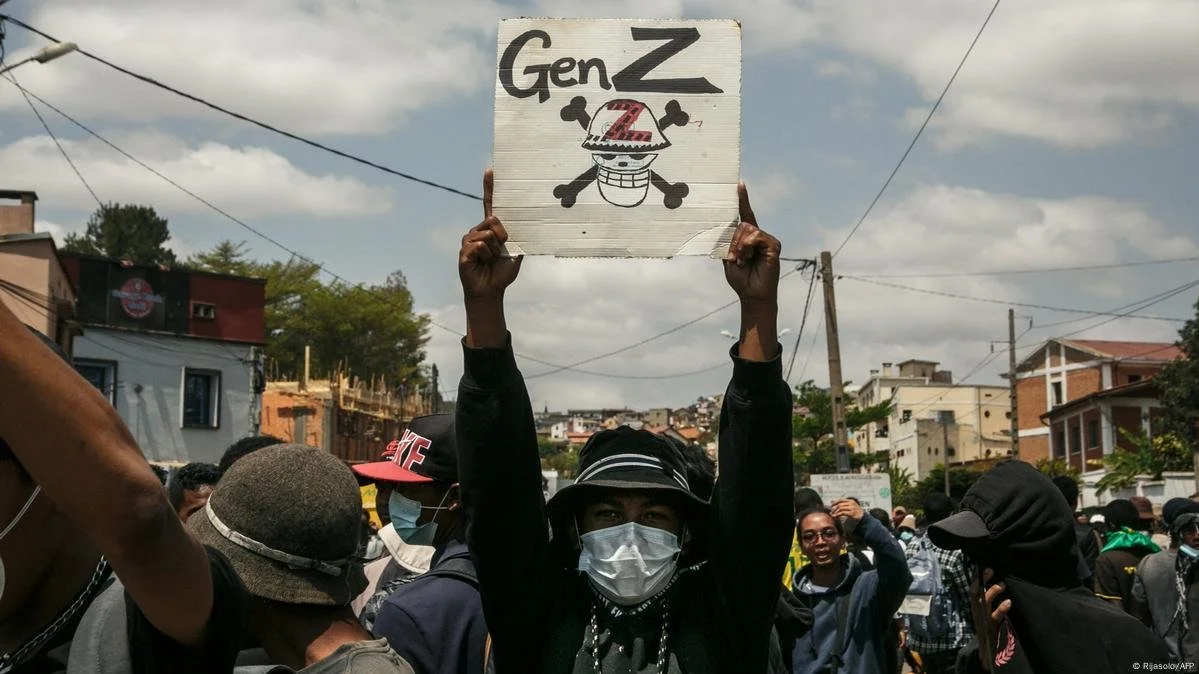When the Young Rise
How Africa may become the vanguard of a new political era
Across the Global South, Generation Z movements are emerging as a new social and political force. The violent anti-government protests that erupted in Nepal in September, and later in Madagascar and Morocco in October, caught Western observers by surprise as Gen Z defied every stereotype of political apathy among young people. Yet this trend is not entirely new to analysts of African politics, where this generation has already demonstrated its potential for mobilization in the streets of several capitals.
Africa represents especially fertile ground for Gen Z-led protests and uprisings. The continent’s median age is around 20, and in some regions, such as the Sahel, half of the population is under 14. Long underestimated by political elites, young Africans have begun to challenge ageing leaderships that, in their view, no longer represent the needs or aspirations of the citizens of the future.
The 2021 unrest In South Africa shared several traits with the recent anti-government protests: both were driven by online activism and sought to violently disrupt the existing political order—in that case, sparked by the arrest of former President Jacob Zuma.
Across the Sahelian countries, a wave of military coups between 2021 and 2023 toppled democratic governments and was met with popular approval. Crowds flooded capital streets to celebrate the new leaders, viewing them as agents of radical change capable of confronting corruption and deep social inequalities. The new military rulers, in turn, consolidated their power and popularity through social media campaigns and rhetoric aimed squarely at younger generations.
The Sahelian experience helps explain the dynamics behind the recent anti-government protests in Madagascar. Massive demonstrations led by young citizens filled the streets of Antananarivo and culminated on October 11, when the military, initially deployed to suppress the riots, sided with the protesters. President Andry Rajoelina fled the country soon after, and a temporary military government was established.
If Gen Z in the West is often dismissed as social-media-obsessed and politically disengaged, African Gen Z is proving the opposite: it is organized, angry, and unafraid to confront power directly. These movements signal the rise of a generation that refuses to inherit broken political systems without a fight. What we are witnessing could be the early stirrings of a global generational awakening—one that echoes the revolutionary spirit of the 1960s, but this time radiating from the Global South outward.
Author A.S.
